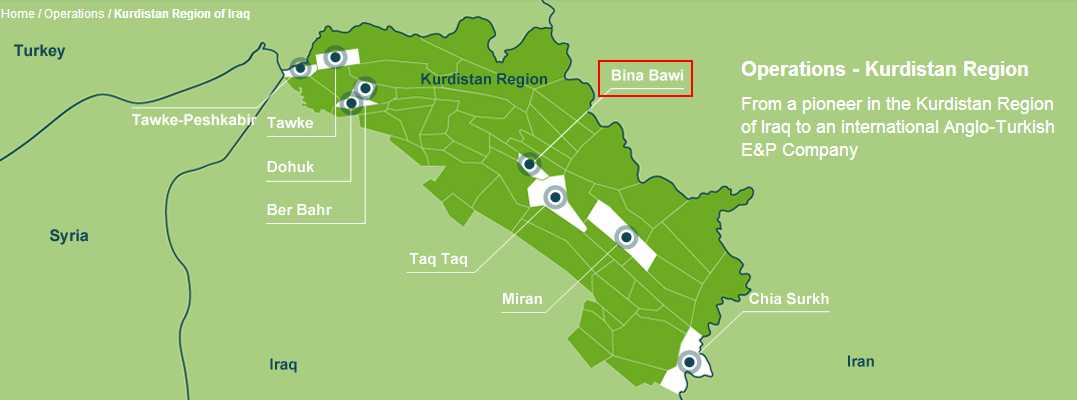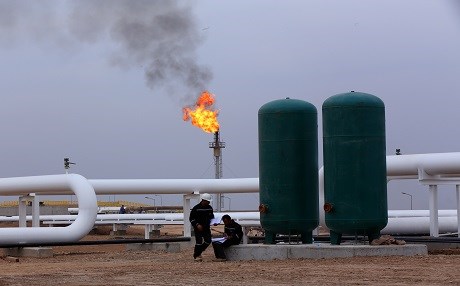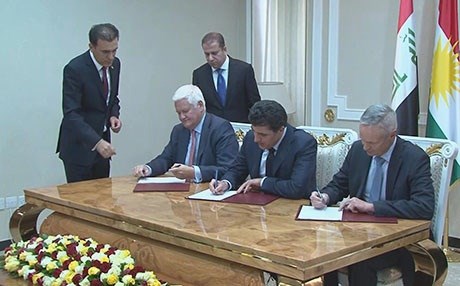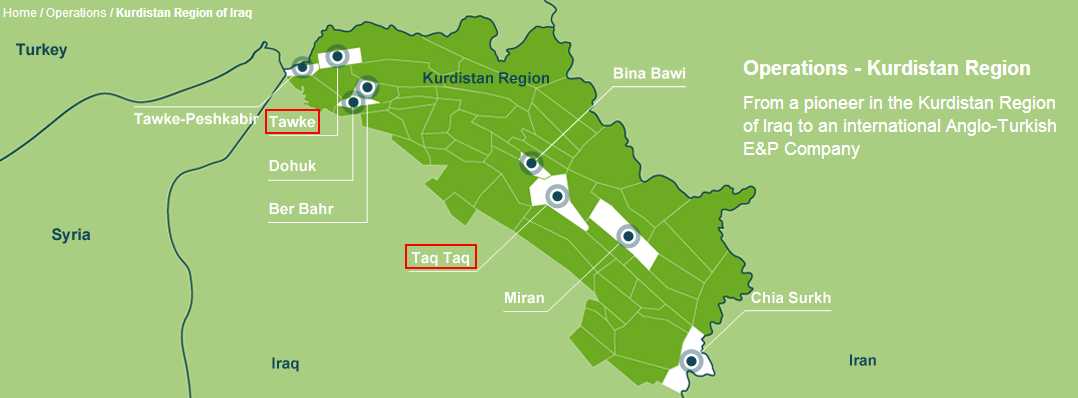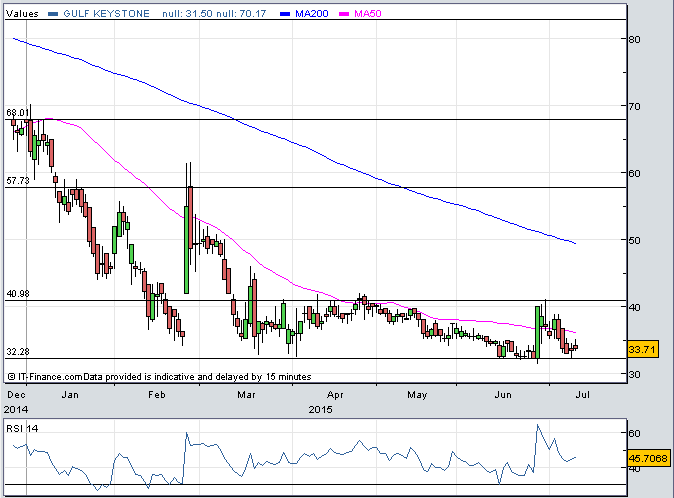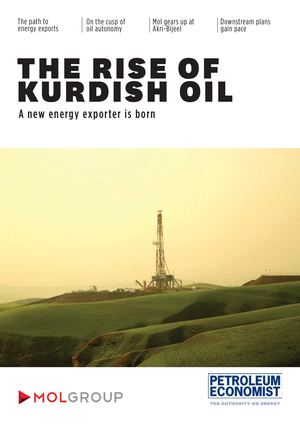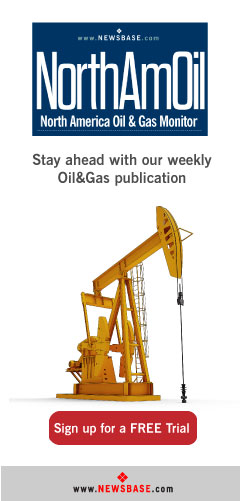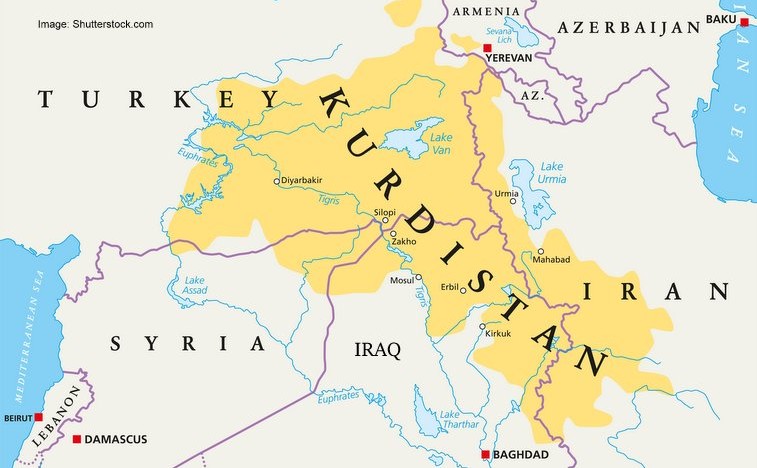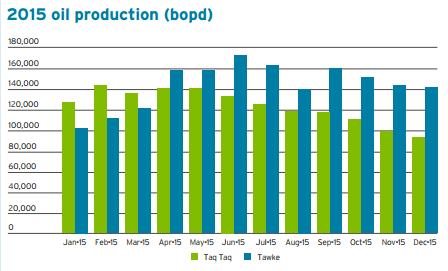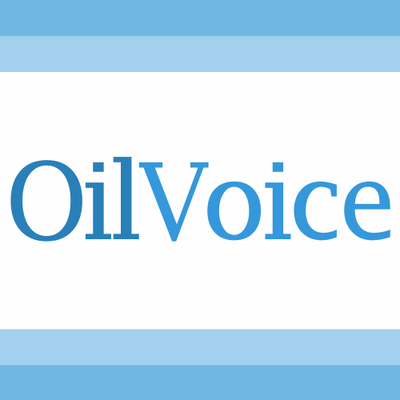Genel Energy has announced that RPS Energy Consultants, as part of its work on the updated competent person’s reports (‘CPRs’) for the Bina Bawi and Miran West fields (Genel 100% and operator), has finalised its evaluation of the contingent gas resources at both assets:
- The RPS evaluation confirms a significant upgrade to the combined 2C gross (100% working interest (‘WI’)) raw gas resource estimate for the Bina Bawi and Miran West fields:
- The RPS assessment of the combined gross 2C raw gas resource for both fields now stands at 14,792 Bscf, a figure which excludes associated condensate volumes attributable to the upstream partners
- The RPS assessment of the combined gross 2C condensate volumes potentially recovered from raw gas production at both fields totals 137 MMstb
- As at end-2016 Genel’s reported 2C resources included net raw gas resources from Miran and Bina Bawi totalling 1,421 MMboe1, which related to Genel’s respective 80% and 75% interests in the Bina Bawi and Miran PSCs at that time
- In February 2017 the Company increased its interest in both PSCs to 100%, resulting in a combined pro-forma end-2016 Genel 2C resource of 1,815 MMboe (10,530 Bscf2)
- The 2018 RPS estimates of combined 2C resources from both fields have increased c.40% compared to the pro-forma end-2016 2C resource
- The revised Bina Bawi 1C gross raw gas resource estimate is more than 50% higher than the gas volume agreed to for the field under the Gas Lifting Agreement (‘GLA’). The revised Miran West 1C gross raw gas resource estimate is in line with the volume agreed to for the field in the GLA
A comparison of the revised 2C gross contingent resource numbers for both fields and the Company’s end-2016 number, which was based on the 2013 RPS reports plus the addition of the Company’s assessment of non-hydrocarbon gases, is summarised in the following table. Further detail is provided in an appendix to this announcement.
|
|
Gross (100% WI) 2C Contingent Resources Raw gas (Bscf) |
||
|
|
Previous |
Revised |
change |
|
Bina Bawi |
6,472 |
8,230 |
27% |
|
Miran West |
3,688 |
6,562 |
78% |
RPS’s updated analysis of the raw gas resources on both fields has benefitted from updated reservoir simulation modelling combined with analogue analysis jointly created and developed by the Company and Baker Hughes since the original reports were produced. As a consequence, the recovery factors for the gas reservoirs in both fields have, in most resource categories, been increased to reflect a better understanding of potential reservoir performance. Further appraisal activity, which is currently under consideration, could help refine reservoir performance and these recovery factor estimates.
Volumes agreed under the GLAs total 2,800 Bscf from Bina Bawi, and 2,000 Bscf from Miran West over a 12 year period, consisting of a two year build-up period and 10 year plateau period. The revised 2C and 3C raw gas resources for both fields significantly exceed these volumes. Following the completion of the upstream field development plans (‘FDPs’), sufficient progress on the midstream facilities and sales gas export route, and subsequent final investment decision, the Company expects that a percentage of the contingent raw gas resources will be converted to reserves, dependent on the volumes set to be produced under the FDPs.
The upstream FDPs for the gas and oil fields in the Bina Bawi and Miran PSCs, which are being carried out by Baker Hughes, are expected to be completed shortly.
RPS is continuing its evaluation of the oil bearing reservoirs at both fields, the results of which will be announced once finalised.
Appendix
Summary of Contingent Resources – Development unclarified (Gross 100% working interest basis) attributable to the Bina Bawi and Miran West fields as of 31 December 2017
|
|
Gross (100% WI) Contingent Resources |
|
|
Gross (100% WI) Contingent Resources |
||
|
BINA BAWI |
Raw gas (Bscf) |
Condensate (MMstb) |
|
MIRAN WEST |
Raw gas (Bscf) |
Condensate (MMstb) |
|
1C |
4,651 |
34 |
|
1C |
1,967 |
18 |
|
2C |
8,230 |
62 |
|
2C |
6,562 |
75 |
|
3C |
13,036 |
99 |
|
3C |
18,429 |
233 |
1 Genel figure based on the 2013 RPS reports plus the addition of the Company’s assessment of non-hydrocarbon gases
2 Based on a conversion factor of 5.8 MMscf/bbl
(Source: Genel Energy)

